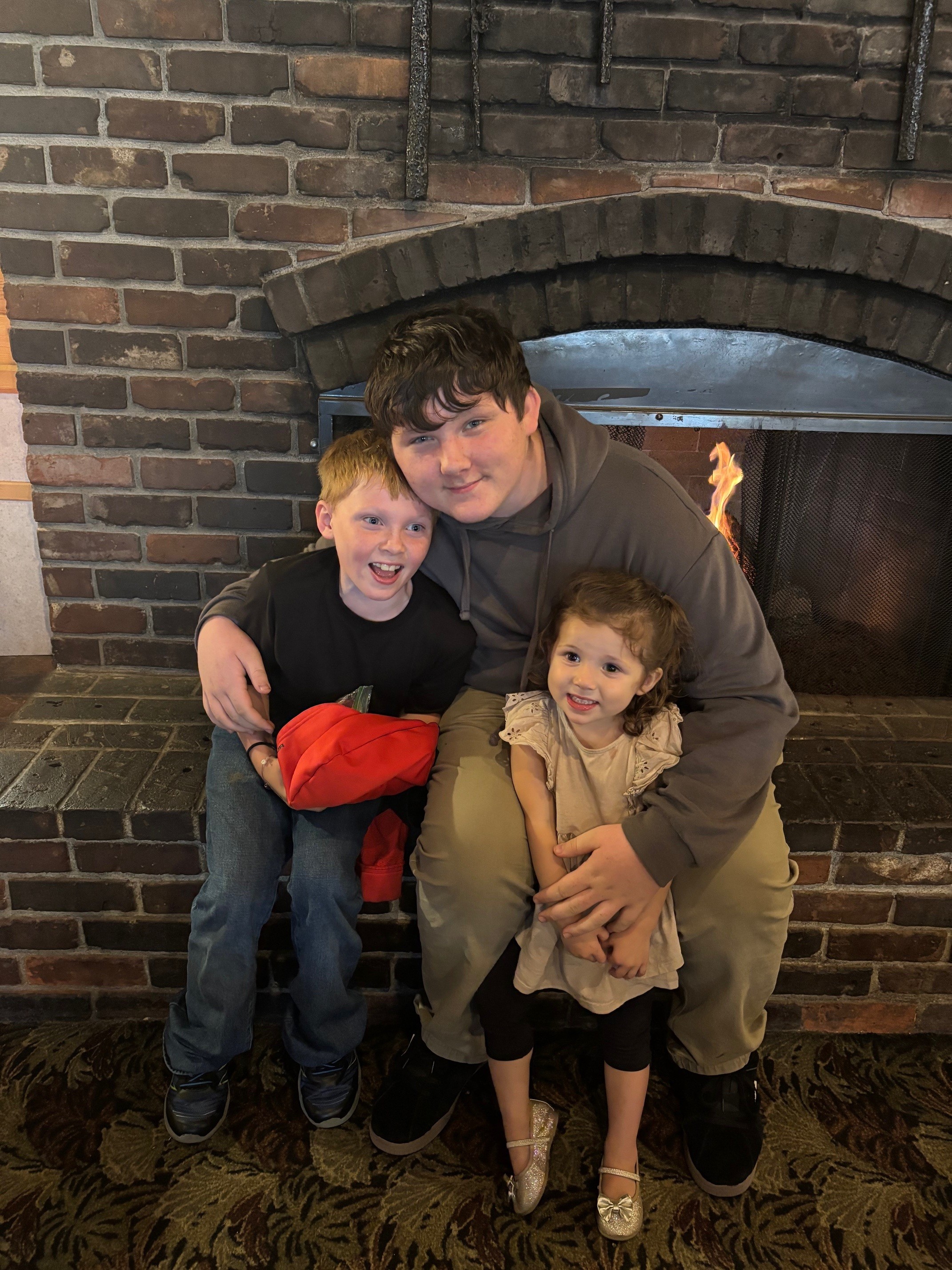Portland Safeway Stores Recognized For Helping Promote Employment Opportunities For People With Disabilities (Photo) - 02/05/26
Oregon’s State Rehabilitation Council recognized Safeway stores in northeast Portland for their partnership with the Vocational Rehabilitation (VR) program at its quarterly meeting Feb. 5.
The council’s Partner Awards go to businesses that partner with VR directly or through a contracted provider or workforce partner. The award recognizes businesses that have gone above and beyond in recruiting, hiring, retaining and promoting individuals with disabilities.
“The award recognizes businesses that have created an environment where people with disabilities can thrive, whether they are students beginning to explore their future careers, people entering the workforce for the first time, or people looking to change careers or advance to the next level,” said Ed Cortez, chair of the SRC.
The SRC serves as an advisor to VR, which provides employment services for people with disabilities. VR also provides services to Oregon businesses to help recruit, train, retain and promote employees with disabilities — all at no cost.
The SRC Partner Awards demonstrate how partnership between business and VR is a win for everyone, said VR Director Keith Ozols.
“Individuals with disabilities benefit from the independence employment brings,” he said. “Businesses, meanwhile, grow their workforce with qualified candidates. Communities also thrive when everyone who wants to work has the opportunity.”
Safeway stores in northeast Portland have shown exceptional flexibility and commitment to supporting employees with disabilities.
“Safeway has become an unexpected source of positive, long-term employment outcomes for our clients, helping them build their confidence in their ability to sustain employment and helping them strive toward larger, long-
term goals,” said VR counselor Matthew Whitaker.
For example, one store manager adjusted the dress code to allow a VR participant with sensitivity to textures to wear shorts – a simple change that made a big difference in the employee’s comfort. For another VR participant, the store manager modified the employee’s tasks and offered cross-training opportunities in different departments.
“I’m truly grateful for this recognition,” said Denise Truett, Talent Acquisition Rep for Safeway. “It means a great deal to be part of a workplace that values belonging—where courtesy, dignity and respect create the foundation for an inclusive and diverse community. This recognition reflects not just my efforts, but the culture we build together every day.”
VR services for businesses
VR is a resource for Oregon businesses regarding disability in the workplace. The program helps businesses recruit, train, retain and promote employees with disabilities — all at no cost.
For information, visit the VR Services for Businesses page.
###
About the State Rehabilitation Council
Oregon's State Rehabilitation Council (SRC) is an advisory partner to Vocational Rehabilitation (VR). Its role is to listen to VR participants about their VR experience and advise the VR program on how to improve services.
About Vocational Rehabilitation
Vocational Rehabilitation (VR) is a program of the Oregon Department of Human Services. VR helps people with all kinds of disabilities find careers that fit their skills, interests and abilities. The program is also a resource for Oregon businesses regarding disability in the workplace.

